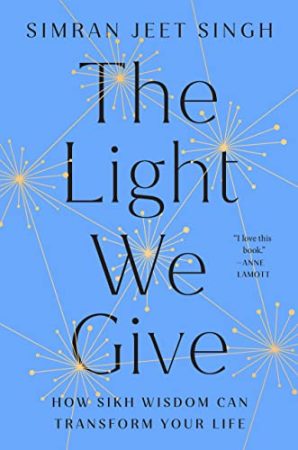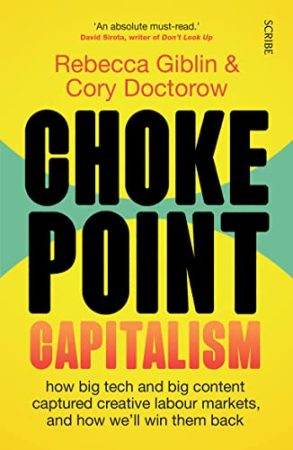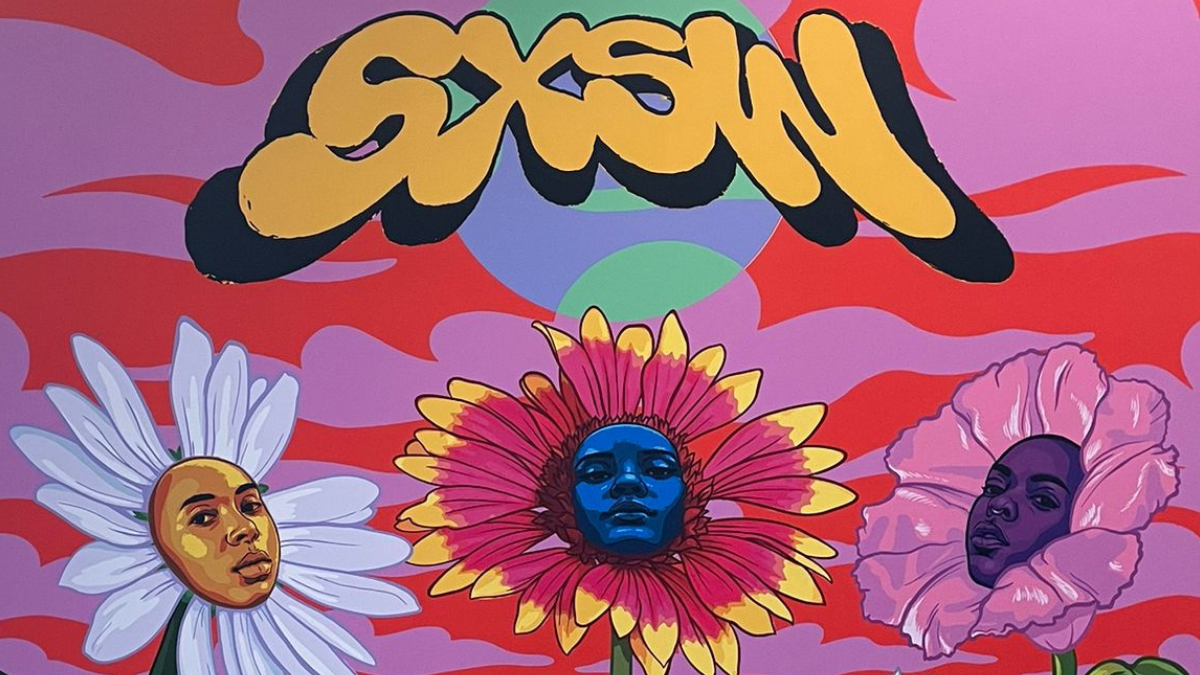SXSW’s first day had some great content. As a reporter for MediaCat, I’ve had the pleasure of covering various events, ranging from small local events organised by agencies and industry associations to big global ones such as Cannes Lions and The Great Escape Festival, but I’ve never covered SXSW so I did not know what to expect.
At first glance the conference schedule is overwhelming. SXSW covers a massive range of topics — cannabis, psychedelics, civic engagement, media, entertainment, music, film, technology, advertising and marketing to name a few. So the schedule is packed with exciting speakers and content. On top of that, ‘Magic March‘ as Hugh Forrest, SXSW Co-President and Chief Programming Officer, calls it, transforms the city into a playfield for brands.
Delivering welcoming remarks, Forrest emphasised the comprehensiveness of the festival’s content, urging participants to consume as much content as they can in areas that they’re unfamiliar with. He also talked about the importance of forming new relationships and being kind to fellow participants, adding that this year international attendees constitute 30% of SXSW participants (up from 25% last year).

The first day’s opening speaker was Simran Jeet Singh, the Executive Director of the Religion & Society Program at the Aspen Institute and the author of The Light We Give: How Sikh Wisdom Can Transform Your Life. Singh delivered an emotional keynote speech on the difficulties of growing up in Texas and how he developed a new perspective to deal with the outrage of encountering racism on a daily basis, stressing the prominence of focusing on the good in the world instead of the hate. Singh’s remarks heavily resonated with the audience and he received a standing ovation.
One of the day’s busiest sessions was OpenAI Co-founder and President Greg Brockman’s conversation with Dot Dot Dot Media’s Laurie Segall. Brockman talked about how the founders of OpenAI came together to develop a ‘machine‘ to help people solve ‘unsolvable problems‘ and how they soon came to the conclusion that the amount of funding they needed to raise could not be achieved through the non-profit model. Describing himself as an ‘optimistic realist,‘ Brockman has genuine faith that generative AI will be used to amplify ‘every aspect of life‘ and will become the new frontier for most areas, especially content creation. Although, when asked about what OpenAI is doing to hinder potential harms or ensure generative AI is being developed in an ethically responsible way, Brockman gave pretty vague answers, like ‘everything is on the table.‘
I walked away from the session feeling like OpenAI thinks deeply about issues such as misinformation, automation and compensation for creative work used for training purposes, but I also had the feeling that they were unwilling to take considerable action.

Another notable session of the day was Cory Doctorow and Rebecca Giblin’s conversation on their recent book Chokepoint Capitalism. Doctorow and Giblin talked about how the monopolies in the creative industries such as music, streaming and publishing are hurting creatives. The entire music recording and music publishing industry is governed by three labels; Google dominates search and two ad-tech companies control the majority of the digital advertising market.
Doctorow and Giblin said that the structural problems that the monopolies cause increase productivity on the one hand but decrease wages for everyone except for the C-suite and the investor class. Quite cynical about its possible benefits, Doctorow sees AI as another way of shifting income from workers to shareholders. While the situation might seem dire, Giblin and Doctorow are hopeful that things can change. In the book, Doctorow and Giblin propose several structural changes to help the creative labour markets, such as transparency rights or use it or lose it rights.
Featured image: SXSW / Day 1

























